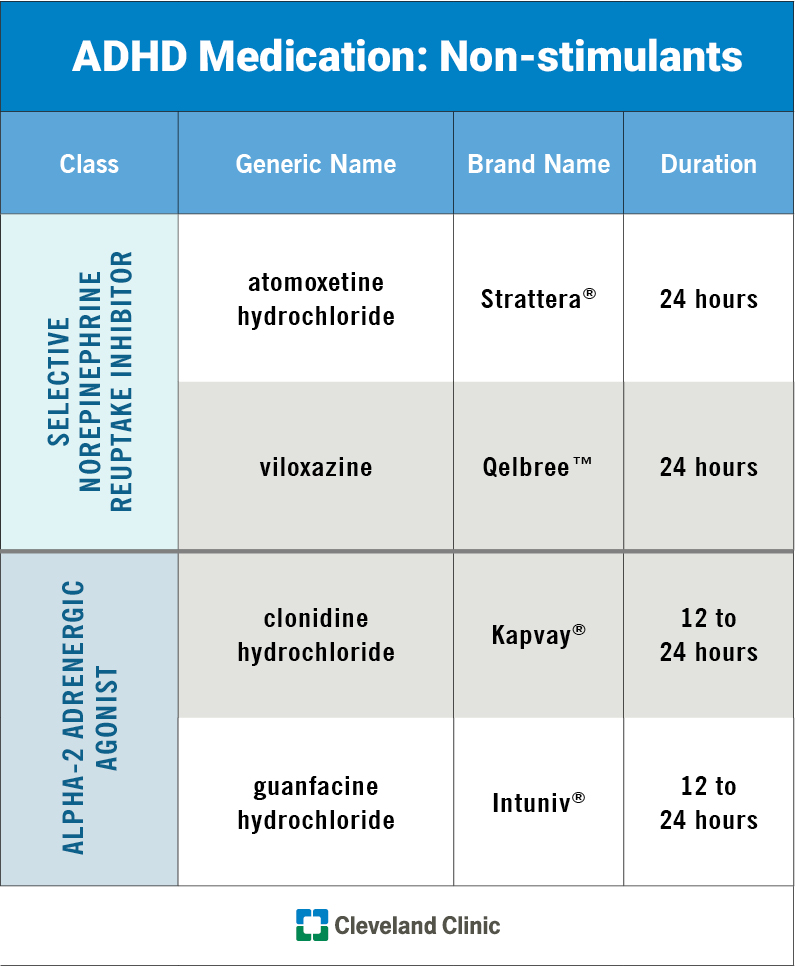Mental Health Services Specializing in Comprehensive Support
Mental Health Services Specializing in Comprehensive Support
Blog Article
Your Overview to Finding the Right ADHD Therapy for Enduring Outcomes
Browsing the complexities of ADHD therapy requires a nuanced understanding of both the condition and the myriad options offered for efficient administration. It is important to recognize that what works for one individual may not necessarily yield the same outcomes for another. Thus, a customized approach-- incorporating expert support, medication, behavioral approaches, and way of life adjustments-- becomes extremely important. Nonetheless, the journey towards identifying the most ideal therapy plan can be laden with difficulties. What are the essential elements that influence successful end results, and how can people ensure they are on the best path?
Recognizing ADHD and Its Impact

In adults, ADHD can result in difficulties in work environment environments, affecting productivity, time monitoring, and interpersonal connections. Often, undiagnosed or incorrectly managed ADHD can add to co-occurring psychological health and wellness problems, such as anxiety and depression, more making complex a person's overall wellness.
The social perception of ADHD can vary, bring about stigma and misconception, which may impede individuals from seeking aid. As recognition expands, it is important to foster an atmosphere that advertises understanding and support for those impacted by ADHD, stressing the need for precise diagnosis and customized methods to alleviate its influence on day-to-day life.
Introduction of Therapy Choices
A thorough technique to treating ADHD encompasses a selection of choices customized to the person's distinct needs. These alternatives can generally be categorized right into behavior treatments, psychoeducation, and way of life adjustments, alongside medicinal therapies that might be discovered later.
Behavioral treatments, such as cognitive-behavioral therapy (CBT), concentrate on changing details habits and establishing coping strategies to manage signs effectively. Psychoeducation plays a vital duty in empowering both people and their family members by providing details concerning ADHD, its difficulties, and efficient methods for support.
Lifestyle adjustments can considerably affect ADHD management. Routine physical task, a well balanced diet plan, and ample rest add to general health and sign control. Mindfulness methods and leisure methods can likewise boost emphasis and reduce impulsivity.
Support system and household treatment can cultivate a feeling of neighborhood and understanding, aiding individuals really feel much mild depression less isolated in their experiences. Each therapy alternative must be considered together with the person's preferences and circumstances, guaranteeing a holistic technique that promotes long-term success. Inevitably, the goal is to develop an individualized therapy strategy that deals with the particular difficulties connected with ADHD while enhancing general high quality of life.
Drug: Benefits And Drawbacks
Medication plays a crucial function in the therapy of ADHD, with various alternatives available that can substantially alleviate signs and symptoms for many individuals. Stimulants, such student depression as methylphenidate and amphetamines, are generally suggested and have shown effectiveness in enhancing emphasis, reducing impulsivity, and boosting total habits. These medications work by raising dopamine and norepinephrine levels in the mind, which are frequently dysregulated in those with ADHD.
Some people may experience side results, consisting of insomnia, decreased hunger, or increased stress and anxiety. In addition, not all clients respond to energizer medicines, leading some to check out non-stimulant options, which may have a delayed beginning of activity or different side results.
It is necessary for individuals and their family members to weigh these advantages and disadvantages carefully. Stabilizing the advantages of symptom monitoring versus possible adverse effects is critical for achieving optimal therapy results. Collaboration with doctor can facilitate informed decisions, guaranteeing that medicine becomes part of an extensive ADHD management plan.
Behavioral Therapy Methods

One typically employed approach is Cognitive Behavioral Treatment (CBT), which aids individuals determine and change negative thought patterns that add to ADHD-related difficulties. Therapist for ADHD. Through CBT, clients discover to establish sensible goals, take care of time properly, and establish business systems
One more effective strategy is Moms and dad Administration Training (PMT), which educates parents on how to reinforce positive behaviors and reduce negative ones through regular discipline and communication approaches. This strategy fosters an encouraging home setting that urges behavioral improvements.
Social abilities training is additionally indispensable, helping individuals with ADHD navigate social interactions much more successfully. Role-playing and modeling proper behaviors can improve social skills and minimize stress and anxiety in social circumstances.
Lifestyle Adjustments for Better Monitoring
Exactly how can way of living modifications significantly enhance the management of ADHD symptoms? Applying strategic lifestyle adjustments can lead to significant improvements in focus, company, and psychological guideline for people with ADHD.
To start with, developing an organized daily routine assists in producing predictability, which can reduce feelings of bewilder. Constant routines for meals, research study, and rest can improve everyday functioning.
Integrating regular physical activity is additionally essential, as workout has been revealed to improve dopamine degrees, improving interest and inspiration (Therapist for ADHD). Intending for a minimum of thirty minutes of modest exercise most days can be helpful
Nourishment plays a pivotal duty too. A well balanced diet prepartum depression plan rich in omega-3 fats, whole grains, and protein can sustain cognitive feature. Limiting processed sugars and caffeine may minimize signs and symptoms, as these can result in power accidents and irritability.
Final Thought
To conclude, discovering the ideal ADHD treatment demands a diverse strategy that thinks about private requirements and choices. A mix of medicine, behavior treatment, and way of life adjustments can significantly boost signs and symptom monitoring and total well-being. Involving in psychoeducation and developing organized regimens further sustains efficient therapy approaches. Collaboration with medical care professionals and open communication with support networks are important parts in browsing the intricacies of ADHD administration, ultimately resulting in long-term outcomes and enhanced top quality of life.
Report this page